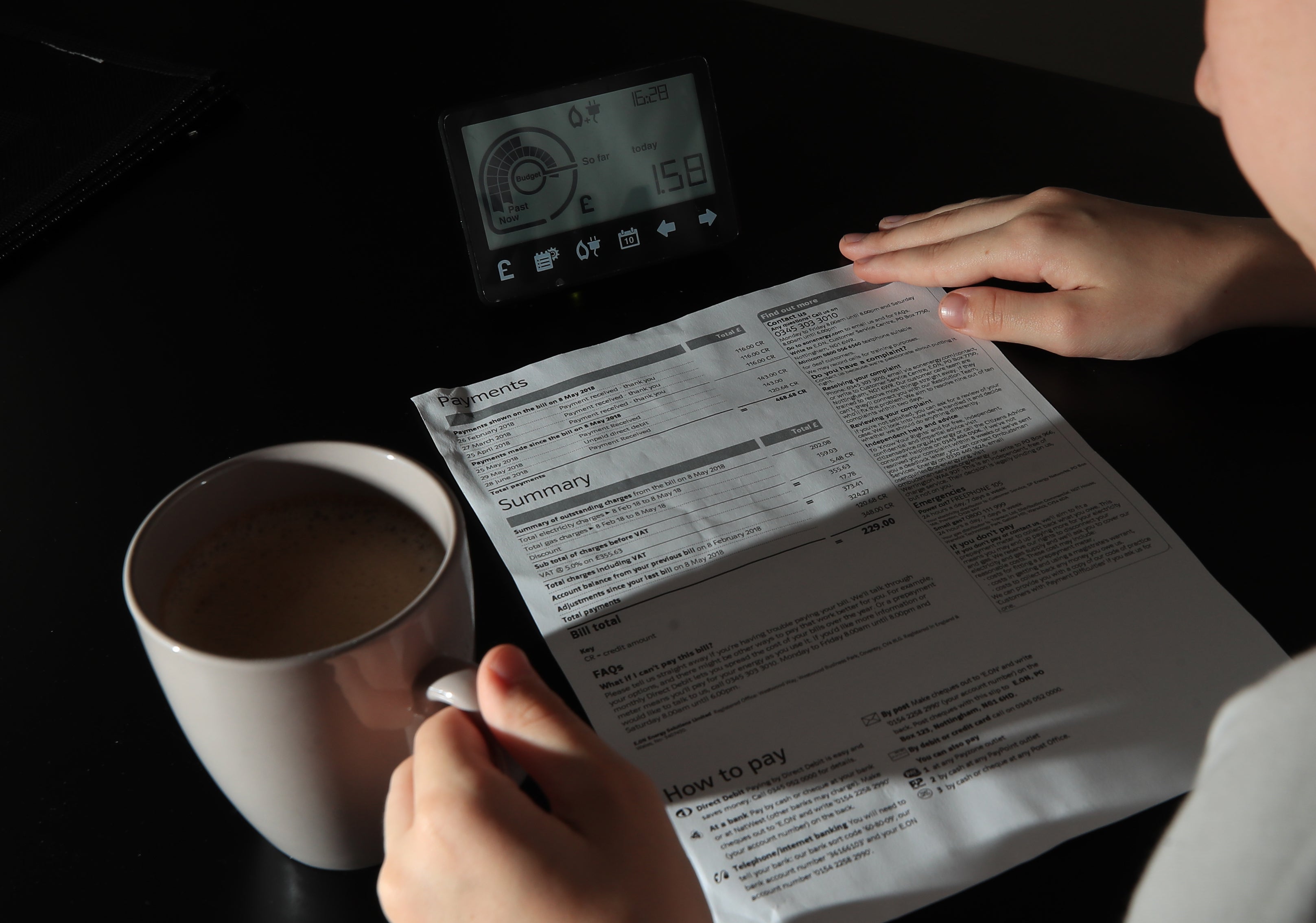How to beat energy price hikes as capped costs rise
Changes to the rules don’t have to leave you completely out of pocket – here are the tips, tricks, and technology to help you fight back

Summer is officially over and while the UK may be experiencing a last burst of sunshine, cold weather and rising energy bills are on their way.
Costs are expected to rise by at least £139 a year for 15 million households when Ofgem’s energy cap rises on 1 October. Those on default tariffs paying by direct debit will see the sharpest jump in prices since the cap was introduced in January 2019, pushing average bills to £1,277. Pre-payment customers will see their costs rise further with an extra £153 to pay, from £1,156 to £1,309.
Ofgem’s price cap controls what providers are allowed to charge on their default tariffs, known as standard variable tariffs, which are generally the most expensive.
But many people could see their annual energy bills go up by more than this amount, as the price cap only sets a limit on the amount households pay for each unit of gas and electricity. Therefore, if you have a larger house, or use more energy, you’ll pay more.
British Gas, E.On, and Scottish Power have all confirmed price rises for their standard tariffs and other firms are expected to follow. Energy costs have risen by 50 per cent over the last six months and there are predictions energy prices could rise further if the UK experiences a prolonged or particularly cold winter, according to Centrica, the owner of British Gas.
However, while you can’t avoid rising energy bills, there are some ways to reduce the impact they have on your household budget.
Switching energy firms is the easiest way of saving a lot of money – as much as £328 a year, according to the comparison website Energyhelpline.
There are plans afoot to introduce automatic switching, to tackle expensive standard tariffs. This will see households automatically moved to cheaper energy tariffs to try and eradicate the loyalty penalty faced by long-standing customers who don’t regularly switch. However, this is not planned until 2024.
But switching isn’t the only weapon in your arsenal. More than half of the money paid out in our energy bills goes towards heating and hot water.
Get a free fractional share worth up to £100.
Capital at risk.
Terms and conditions apply.
ADVERTISEMENT
Get a free fractional share worth up to £100.
Capital at risk.
Terms and conditions apply.
ADVERTISEMENT
Using a room thermostat, a programmer and thermostatic radiator valves could knock off £70 a year from your bills, while turning down your thermostat by just one degree could result in an annual saving of £55, according to the Energy Saving Trust.
Radiator panels, which cost around £30 to cover up to 10 radiators, reflect heat back into the room and can save a household around £19 a year when installed into uninsulated walls.
Draught-proofing windows, doors, and holes that let in cold air and allow warmth to escape could save £25 a year off your energy bills. If you have an open chimney, if it’s properly drought-proofed it could save you £19 a year on your bills.
Replacing all the light bulbs in your home with LED bulbs could save £30 a year as they use around 80 per cent less energy and last up to ten times longer than traditional halogen bulbs.
Using smart technology to heat your home is another way to reduce your bills, although you always need to factor in the cost of installing any new devices.
Government estimates show that a smart meter can reduce a household’s electricity use by 3 per cent and gas by 2 per cent.
However, they also give you more control over how much you’re spending and eradicate estimated bills, which can result in over and underspending.
You can control most smart meters and other smart appliances from your phone. This allows you to set a maximum temperature or water pressure for something like a shower, and a smart showerhead can cut up to £75 a year off your water and energy bills, according to Energyhelpline.
Tashema Jackson, consumer champion at Energy Helpline, said: “There are now a number of different energy-saving kettles on the market, from those which allow you to set the temperature you are boiling the water to, to models which let you see how much water you have in your kettle.
“Adjusting how much water you use and the temperature you boil your water to can save you around £6 a year.”
There are also smart plugs, which you can turn off remotely to lower your electricity bills.
“We’ve always been told to switch off plugs at the wall in order to save money, but by the time you’ve gotten into bed, you really don’t want to make that trip back downstairs to the living room.
“Well technology has found a solution, with the invention of the smart plug. These adaptors sit in your sockets and allow you to control them remotely from your smartphone. An easy way to save around £35 a year,” Tashema adds.
If you’re really struggling to pay your bills, contact your provider as it should give you help and advice, and an affordable payment plan, so you can continue to heat your house and have access to hot water.
There are also several grants and benefits available and websites such as Turn2Us can quickly show you what you are entitled to.
Join our commenting forum
Join thought-provoking conversations, follow other Independent readers and see their replies
Comments
Bookmark popover
Removed from bookmarks